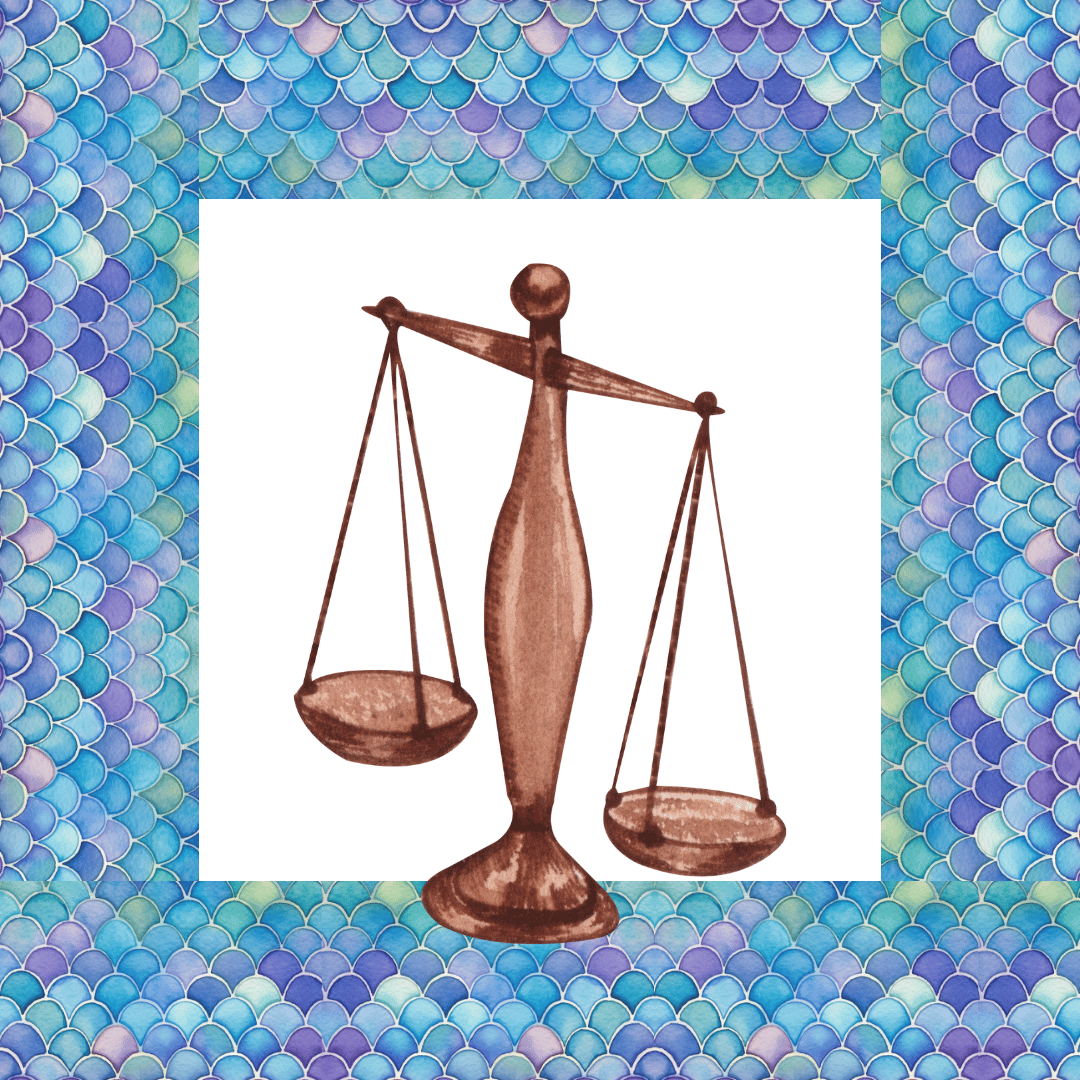Managing Your Energy – Making Intentional Choices About Where to Spend It
In today’s fast-paced world, it’s easy to forget that our energy is a finite resource. Unlike time, which ticks on regardless, our energy ebbs and flows.
Life can throw us all over the place, like being onboard a ship in rough seas. But, when we’re intentional about where we spend it, we feel more balanced, fulfilled, and focused on what truly matters.
But for many, especially those of us who are neurodiverse, this process is more complex. We’re constantly picking up on extra information around us, which can be both enriching and exhausting.
Recognising Your Energy “Bank”
Think of your energy like a bank account. Just as you might budget your finances, it’s essential to budget your energy.
Each interaction, task, and even environment has an “energy cost,” which can differ for everyone.
When we become aware of what drains us and what replenishes us, we can make intentional choices about where to invest our energy.
Here are some helpful questions to start with – you might like to journal on these.
- What activities or people make me feel energised? Whether it’s engaging in a hobby, talking with certain friends, or spending time outdoors, recognising these energisers can help you build them more consistently into your routine.
- What drains my energy most? Pay attention to situations or interactions that leave you feeling depleted, and consider if you can minimise or balance them.
- How does my energy feel throughout the day? Noticing when your energy rises and dips can help you to structure your day in a way that makes the best use of your natural rhythms.
Tips for Managing Your Energy
Once you know what affects your energy levels, you can make small adjustments so that you are intentionally protecting and managing it.
Here are a few techniques that work especially well for neurodiverse individuals:
- Set Boundaries to Avoid Information Overload
News, social media, and even the everyday bustle of public spaces can be overwhelming. Give yourself permission to step back from sources of overstimulation and create small “retreats” of quiet whenever possible. - Practice Grounding Techniques
Grounding exercises like deep breathing, short meditations, or even sound healing can help recalibrate your mind and body. These moments bring you back to the present and help you recharge quickly. - Embrace a ‘Less is More’ Mentality
Instead of filling your day with endless to-dos, focus on two or three things that are most important to you. By reducing decision fatigue and honing in on priorities, you’ll conserve mental and emotional energy. - Recharge with Nature
Spending time outdoors or even just taking a few minutes to breathe fresh air can help clear your mind and replenish your reserves. Whether it’s a walk in the garden or a full day in nature, connecting with the Earth is an incredibly restorative experience. - Use Intentional Rest Periods
Rather than waiting until you’re exhausted to take a break, try planning intentional rest periods throughout your day. Even five minutes to stretch or close your eyes can make a world of difference.

Energy is precious, and learning to manage it wisely allows us to live with greater joy, intention, and connection.
By prioritising your own wellbeing, you’ll not only feel more grounded but also have more to give to the things and people that matter most.
Take the quiz and download your detailed report to support you with what matters most for you today.


